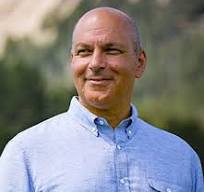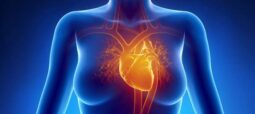
Truths & Tips About Women’s Heart Health (start time: 7:33) February is American Hearth Month, a nationwide observation spotlighting cardiovascular disease, and a call for all of us to take care of our hearts.
Heart disease is the leading cause of death in the country, for both men and women, and for most racial and ethnic groups. In fact, it kills more women than all forms of cancer combined. A big problem is that many physicians don’t typically tell female patients about risk factors and symptoms when they are in their 30s and 40s. So no wonder many women develop symptoms that remain hidden until crisis hits. To help shed light on what researchers are discovering about how women can detect symptoms and lower their risks of heart disease, we welcome back to the show health journalist Meghan Rabbit, after we discussed women’s health, and particularly menopause, last week. Rabbitt is the author of the new book, The New Rules of Women’s Health: Your Guide to Thriving at Every Age. She is an editor of Maria Shriver’s weekly digital newsletter, Sunday Paper.
Hosts: Susan Moran, Joel Parker
Show Producer: Susan Moran
Engineer: Joel Parker
Executive Producer: Beth Bennett
Headline Contributors: Beth Bennett, Joel Parker, Shelley Schlender
Listen to the show here:
Podcast: Play in new window | Download (Duration: 24:25 — 33.5MB)
Subscribe: RSS



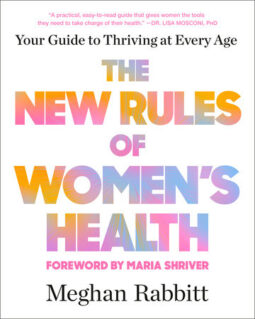 New Rules of Women’s Health (start time: 6:26) If you’re female, you may have come of age reading the landmark feminist health book Our Bodies, Ourselves. Originally published in the 1970s, it yielded several revised editions up to 2011. Well, get ready for an even more comprehensive tome. It’s called
New Rules of Women’s Health (start time: 6:26) If you’re female, you may have come of age reading the landmark feminist health book Our Bodies, Ourselves. Originally published in the 1970s, it yielded several revised editions up to 2011. Well, get ready for an even more comprehensive tome. It’s called 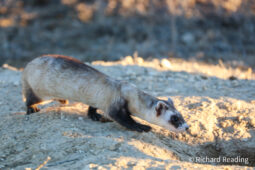
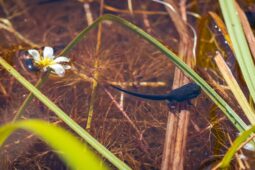

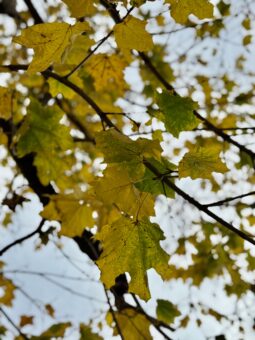 The physiology of deciduous trees (start time: 11:09) For many people living in places with four distinct seasons, such as here in Colorado, a favorite pastime at this midpoint in autumn is watching the faded leaves fall from their branches, and listening to the crackling sound while raking up the dried leaves. In this week’s How On Earth show, we explore questions like, Why do the leaves of aspen, ash and other deciduous trees “change” color in the fall? (Spoiler alert: They actually reveal their true colors.) Why do they shed their leaves every fall? And what happens to the naked trees in the winter? Host Susan Moran interviews Dr.
The physiology of deciduous trees (start time: 11:09) For many people living in places with four distinct seasons, such as here in Colorado, a favorite pastime at this midpoint in autumn is watching the faded leaves fall from their branches, and listening to the crackling sound while raking up the dried leaves. In this week’s How On Earth show, we explore questions like, Why do the leaves of aspen, ash and other deciduous trees “change” color in the fall? (Spoiler alert: They actually reveal their true colors.) Why do they shed their leaves every fall? And what happens to the naked trees in the winter? Host Susan Moran interviews Dr. 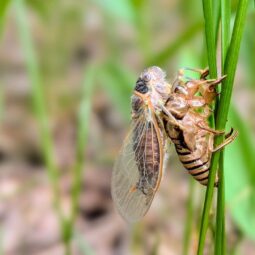
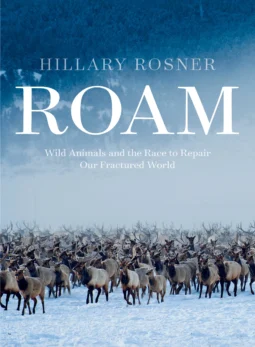
 Menopause & HT (start time: 0:58) It happens to every woman with a uterus who reaches midlife. Menopause is a major hormonal transition that, although very challenging for some women, is natural, and (get this!) even advantageous to civilization. Think grandmothers! Yet menopause has been largely dismissed by the medical community. As a result, too many women suffer through menopause in pain, shame, and loneliness. In this week’s show, host Susan Moran interviews
Menopause & HT (start time: 0:58) It happens to every woman with a uterus who reaches midlife. Menopause is a major hormonal transition that, although very challenging for some women, is natural, and (get this!) even advantageous to civilization. Think grandmothers! Yet menopause has been largely dismissed by the medical community. As a result, too many women suffer through menopause in pain, shame, and loneliness. In this week’s show, host Susan Moran interviews 